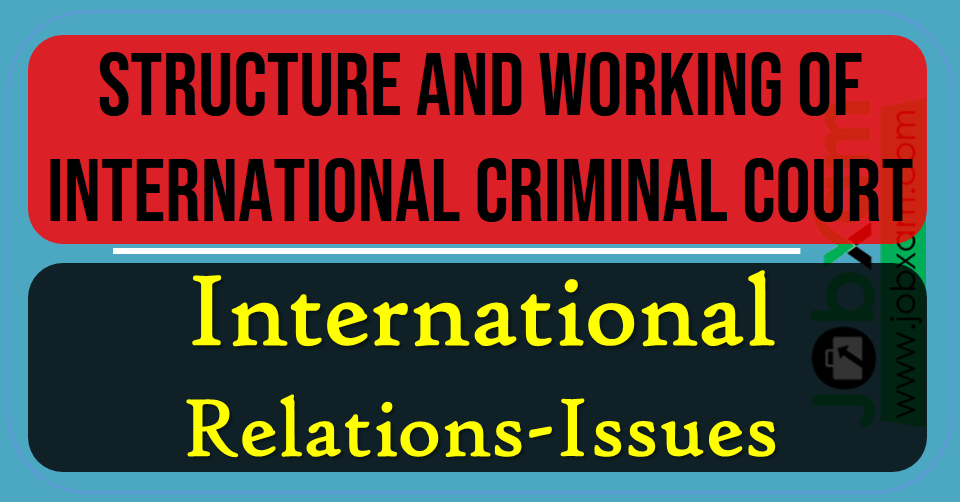The International Criminal Court, established in 2002, seeks to hold to account those guilty of the some of the world’s worst crimes. Champions of the court say it deters would-be war criminals, bolsters the rule of law, and offers justice to victims of atrocities. But, since its inception, the court has faced considerable setbacks. It has been unable to gain the support of major powers, including the United States, China, and Russia. Two countries have withdrawn from the court, and many African governments complain that the court has singled out Africa. More recently, the administration of Donald J. Trump has ramped up U.S. opposition to the court, renewing debate over the court’s legitimacy.
What are the court’s origins?
In the aftermath of World War II, the Allied powers launched the first international war crimes tribunal, known as the Nuremberg Trials, to prosecute top Nazi officials. It wasn’t until the 1990s, however, that many governments coalesced around the idea of a permanent court to hold perpetrators to account for the world’s most serious crimes. Ad hoc international criminal tribunals had been set up by the United Nations to deal with war crimes in the former Yugoslavia and Rwanda, but many international law experts considered them inefficient and inadequate as a deterrent.
Trinidad and Tobago requested that a UN commission look into the creation of a permanent court in 1989. In the following years, such efforts gained support, especially in Europe and Africa. As CFR’s Michelle Gavin points out, African countries make up the largest bloc of ICC members. The European Union is also a staunch supporter of the court; it adopted a binding policy [PDF] in support of the ICC in 2011.
The ICC’s founding treaty was adopted by the UN General Assembly at a conference in Rome in July 1998. After being ratified by more than sixty countries, the Rome Statute entered into force on July 1, 2002.
Which countries are members of the court?
There are 122 countries party to the Rome Statute. Some forty countries never signed the treaty, including China, Ethiopia, India, Indonesia, Iraq, North Korea, Saudi Arabia, and Turkey. Several dozen others signed the statute, but their legislatures never ratified it. These include Egypt, Iran, Israel, Russia, Sudan, Syria, and the United States.
International Criminal Court members
Share
Two countries have withdrawn from the ICC. Burundi left in 2017, following the court’s decision to investigate the government’s crackdown on opposition protests. Philippine President Rodrigo Duterte pulled out in 2019, after the court launched an inquiry into his government’s war on drugs, saying domestic courts are sufficient to enforce the rule of law. Gambia and South Africa notified the United Nations in 2016 that they intended to exit the treaty, but they later reversed course in the face of political upheaval and legal challenges.
How does the court work?
The ICC is based in The Hague, a city in the Netherlands that hosts many international institutions, and has field offices in several countries. The court carries out its investigative work through the office of the prosecutor, led since 2012 by Fatou Bensouda, a lawyer from Gambia.
International Criminal Court
Courts and Tribunals
Genocide and Mass Atrocities
The court has eighteen judges, each from a different member country and elected by the member states. It requires its members [PDF] to seek a gender-balanced bench, and the judiciary must include representatives of each of the United Nations’ five regions. Judges and prosecutors are elected to nonrenewable nine-year terms. The president and two vice presidents of the court are elected from among the judges; they, along with the registry, handle the administration of the court.
To read full article click on following link
